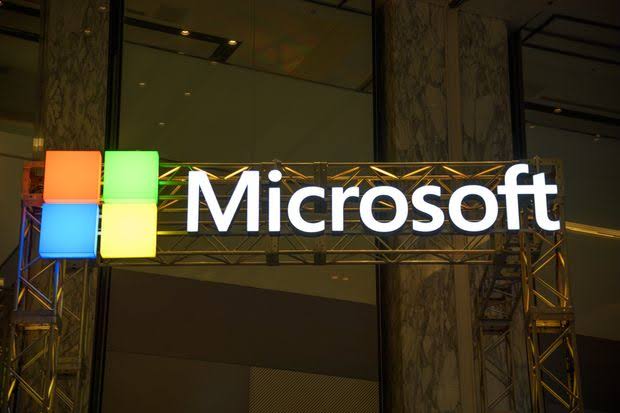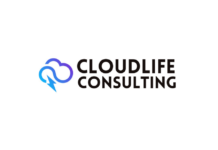Microsoft said earlier this month it would buy artificial intelligence software firm Nuance Communications Inc for $16 billion, excluding net debt, as the firm has continued to double down on cloud base software
Microsoft Corp met analysts’ quarterly sales expectations and beat profit estimates, however, reflecting some scepticism about one-off benefits included in the results and high hopes after a year-long rally, the company’s shares fell slightly. The Redmond, Washington based company has become one of the world’s most valuable companies, worth close to $2 trillion after a 50 per cent stock run-up over the past year by grabbing market share in the booming market for cloud computing and expanding business services such as its Teams collaboration service and LinkedIn social network.
During the pandemic, those services were still in demand, with Microsoft’s Azure cloud service closing ground on market-share leader Amazon Web Services and growing 50 per cent in the quarter. Spurring Microsoft Windows operating system and video game businesses, people working and studying from home bought new PCs and video consoles.
For the third quarter ended 31 March, net income jumped 44 per cent on a year ago to $15.5 billion. Above analysts’ estimates of $41.03 billion and $1.78 per share, revenue and adjusted earnings per share were $41.7 billion and $1.95 per share, according to data from Refinitiv.
After executives gave a better-than-expected forecast during a conference call with investors, shares fell 2.5 per cent, paring some deeper losses.
“One-off tax and currency advantages have boosted Microsoft’s third-quarter numbers, and as a result the market isn’t being quite as welcoming of expectation-beating numbers as you might expect”, said Nicholas Hyett, equity analyst at Hargreaves Lansdown. Net profit had included a favourable $620 million tax benefit from court rulings in India.
“That is the danger of trading on the kind of valuation Microsoft enjoys, 32.8 times next year’s earnings. Disappoint even a little and the market will be unforgiving”.
Sales for what Microsoft calls its “commercial cloud”, which contains server infrastructure such as Azure along with cloud based versions of its Office software was up 33 per cent at $17.7 billion. Sales for Dynamics 365 customer management, which competes directly with Salesforce.com, rose 45 per cent and the business version of Office 365 added 15 per cent more users.
“That’s the fourth consecutive quarter of 15 per cent seat growth on a very large base”, Amy Hood, Chief Financial Officer of Microsoft said of the Office 365 results for commercial customers.
To bolster its healthcare business, Microsoft said earlier this month it would buy artificial intelligence software firm Nuance Communications Inc for $16 billion, excluding net debt, as the firm has continued to double down on cloud base software.
Microsoft said Azure, its closely watched cloud computing business that competes with Amazon.com Inc’s Amazon Web Services and Alphabet Inc’s Google Cloud, grew 50 per cent in the quarter, or 46 per cent when adjusted for currency variations. This is down from a currency-adjusted 48 per cent the quarter before but in line with analysts’ expectations of 46.3 per cent growth, according to data from Visible Alpha.
According to Refinitiv data, overall sales at Microsoft’s “intelligent cloud” unit that contains Azure were $15.1 billion, above analysts’ estimates of $14.92 billion.
Up from 115 million in October, Microsoft Teams has 145 million daily users, the company said. Sales for Microsoft’s productivity software unit, which includes Office and Teams, were $13.6 billion, compared with estimates of $13.49 billion, according to Refinitiv.
On a call with investors, Microsoft forecast fiscal fourth-quarter productivity segment revenue with a midpoint of $13.93 billion, above Refinitiv estimates of $13.57 billion. Its sales forecasts for its intelligent cloud and personal computing businesses had midpoints of $16.32 billion and $13.80 billion, respectively, above estimates of $16.0 billion and $13.26 billion, according to Refinitiv data.
Also read:Robots becoming an important part of the marketing industry
Do Follow: CIO News LinkedIn Account | CIO News Facebook | CIO News Youtube | CIO News Twitter






